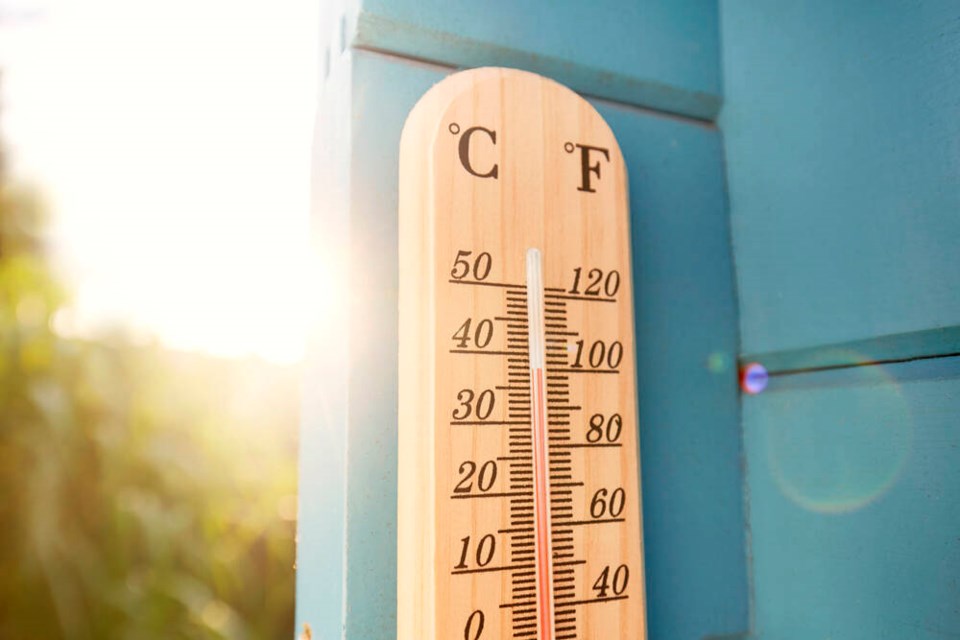Utility scams happen any time of year, but will typically pop up during extreme cold or heat events when many people are more likely to need their heat or air conditioning.
Scammers may impersonate water, electric and gas company representatives, threatening residents and business owners with deactivation of service if they don't pay up immediately.
How the scam works
Utility company impostors will typically contact customers with a phone call, text, or knock on the door, claiming to be a representative from the local water, electric, or gas company. In the most common scenario, they will claim payment is overdue and the utility will shut off within the hour if the bill is not paid immediately.
Scammers use a variety of other tricks to prey on utility customers.
A “representative” may appear at the door in a plausible work uniform claiming that the electric meter is not working properly and must be immediately replaced— at the homeowner's expense.
In another form of this con, the scammer may gain access inside the home to perform “repairs” or an “energy audit” with the intent of stealing valuables or coming across personally identifiable information that just happens to be out in plain sight. These cons may also involve promises of energy discounts with the intent of taking money, personal information, or possibly the account details needed to switch the resident to another utility provider without consent (an illegal practice known as “slamming”).
One person shared their experience with a utility scam on Better Business Bureau (BBB) Scam Tracker:
"The caller pretended to be a [company name redacted] customer service rep, telling me my electric is being shut off within 1 hour if I don't go to [company name redacted] to send them $232 immediately." Another consumer reported, "...Lady claimed to be from [company name redacted] and told us our power would be shut off in 45 minutes and we were to call the billing department. [My] husband called the number and they asked for a credit card. He didn't feel right about it and called [company name redacted] and they said it was a scam."
Tips to spot this scam
Prepaid debit cards and wire transfers are a red flag
- If a caller specifically asks for payment by prepaid debit card, gift card, a digital wallet app, or wire transfer, this is a huge warning sign. Legitimate utility companies will often accept a check or credit card.
Pressure to pay immediately
- Utility scammers will press for immediate payment, typically within a short time frame under an hour, and may try high-pressure tactics to intimidate consumers into giving them personal and banking information.
Protect yourself against this scam
Call customer service
- If you feel pressured for immediate action by an unknown caller, hang up the phone and call the customer service number listed on your actual utility bill. If the scammer provided you with a utility bill, it could be fake, so be sure to go back to a previous, real utility bill and confirm that the phone number you will be calling is correct. This will ensure you are speaking to a real representative from your utility company. Never give your personal or banking information to an unverified or unsolicited caller.
Never allow anyone into your home unless you have scheduled an appointment or reported a problem
- It is rare that a legitimate utility company will show up unannounced and demand entry into your home. Also, ask utility employees for proper identification before letting them enter.



